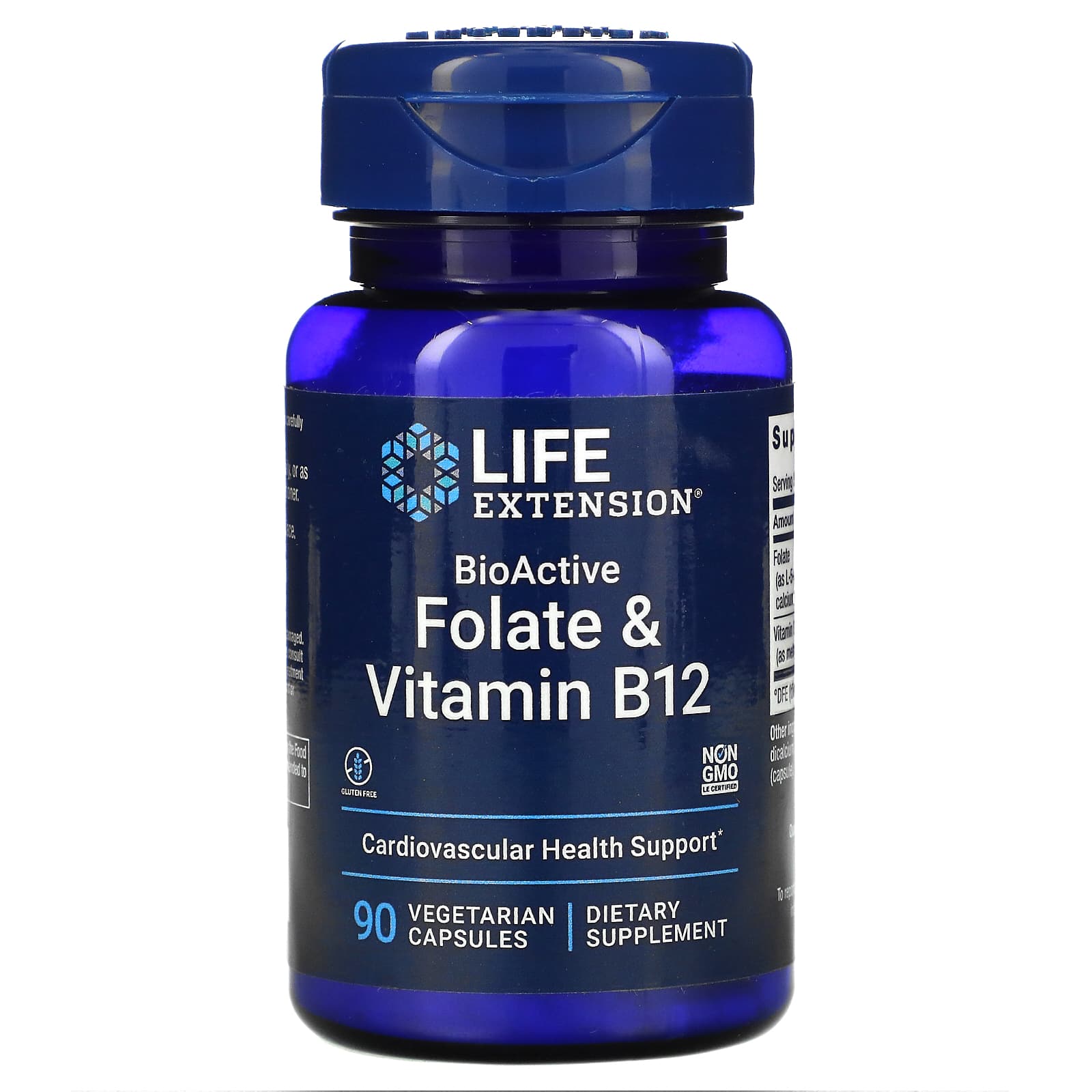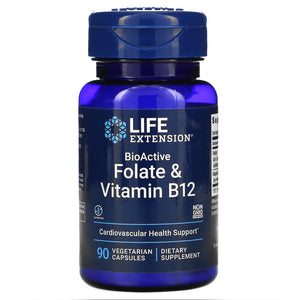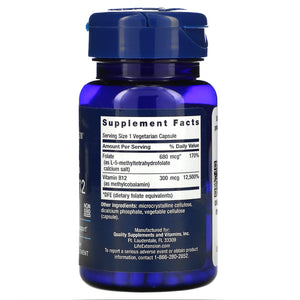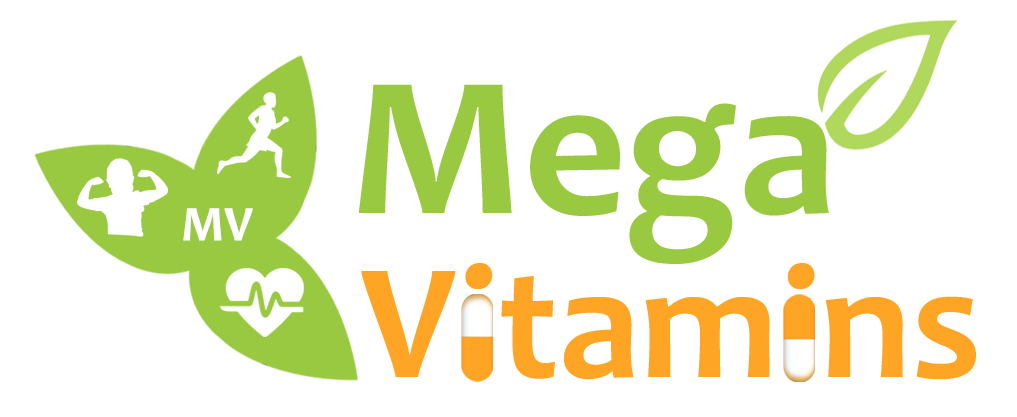Life Extension, BioActive, Folate & Vitamin B12, 90 Vegetarian Capsules
Categories: all, Home, Life Extension, Supplements.
(Exclusive GST)
Guaranteed Safe Checkout
Disclaimer
Megavitamins Megavitamins is not liable for any information provided on this site with regard to recommendations regarding supplements for any health purposes. The claims made about the product on or through this site have not been evaluated or approved by TGA. The supplements are intended to support general well being, not to treat, cure or prevent any disease. You can only purchase 10 quantity at a time. Seek medical advice should you have any health related questions and this if for personal use only Please ensure you consult a medical practitioner and have a valid prescription before making a purchase on Melatonin Products.





